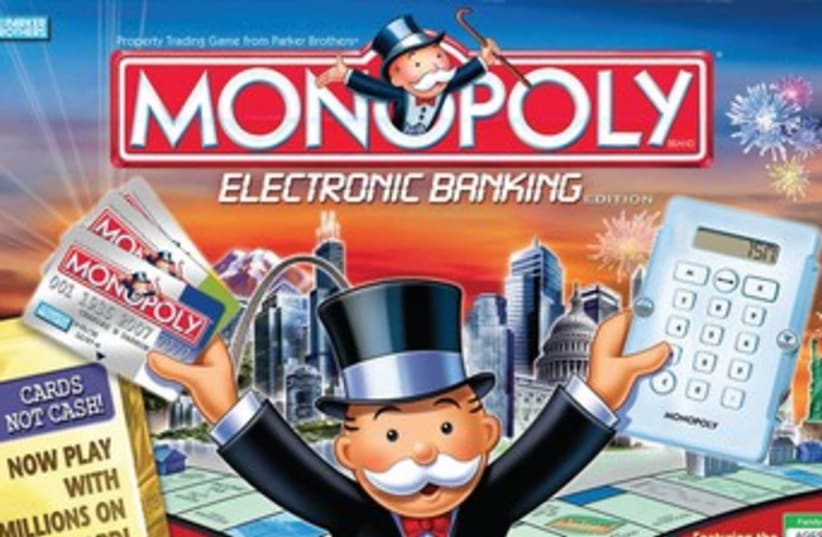A theme attraction based on the popular board game, Monopoly, is set to open in next week in Hong Kong's Victoria Peak.
Victoria Peak is a very affluent neighborhood, home to the world's two most expensive properties. "The Peak is the most valuable piece of land in the Hong Kong version of Monopoly ... it was why we chose this location to start with," Gary Chan, Monopoly Dreams chief operations officer, told CNN Travel.
The new 20,000 square-feet attraction is a collaboration between Hasbro -- Monopoly's owner -- and Monopoly Dreams, a company established to design and create the new Hong Kong attraction.
Visitors will be able to hang out in the home of Mr. Monopoly and visit several themed areas within the 20,000 square ft. attraction, including "The Bank" - where visitors can catch monopoly cash coupons - and the "Fortune Board" - where visitors spin a large wheel to win prizes.
Hong Kong has seen massive riots in past months protesting the communist Chinese regime and calling for democracy. This leaves some to wonder perhaps the theme attraction is a glorification of capitalist culture, an ideological form of protest, as well as a fun theme attraction for the whole family.
Released in 1935, Monopoly is the second highest ever selling board game, after chess, selling over 275 million units worldwide. Yet, the company's origins had a less pro-capitalist message.
The game was initially based off of a board game invented in 1904 by a Quaker named Elizabeth Magie, entitled "The Landlord's Game"; a realty and taxation game intended to teach children about Georgism.
The Landlords Game had a first round very similar to the modern version of Monopoly, but also featured a crucial second round designed to teach "just how fair monopolies can be."
Parker Brothers bought Ms. Magie's patent for $500, took the second part out of the game and the rest is board game history.
